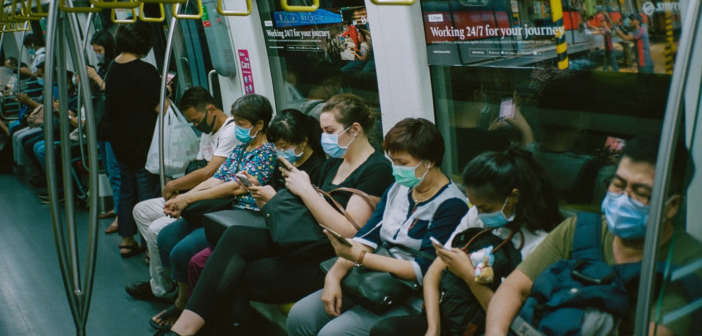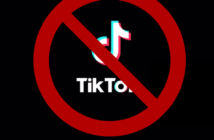By Caitlyn McGregor, Contributing Writer
The unexpected outbreak of COVID-19 has brought significant changes to the way people perceive and understand infectious diseases. The pandemic has forced many to reevaluate their assumptions about health and safety.
“COVID has really highlighted to me the importance of taking more proactive measures as to not get sick or spread diseases,” shares Ali Hernandez, a freshman at Saint Leo University majoring in criminal justice.
The COVID pandemic has not only changed people’s behavior and daily routines, but it has also taught people a greater understanding of viruses and the potential risks they pose to health. From adopting hygiene practices to valuing scientific knowledge, the pandemic has reshaped the way society views infectious diseases.
One noticeable change is how people are more cautious, and personal hygiene practices have increased. Prior to the pandemic, practices like thorough handwashing and the use of masks weren’t as common.
However, the pandemic made these practices more widespread and even now as it’s died down these practices are still more common than prior to the pandemic. More establishments are implementing hand sanitizing stations all over their building. COVID-19 has also highlighted the need for scientific knowledge and reliable information regarding infectious diseases.
During the pandemic, there was a surge in popularity of expert opinions on infectious diseases. The pandemic heightened the desire to know more about scientific fields that deal with infectious diseases.
The pandemic has also brought about drastic changes in public health practices. In response to the rapidly spreading virus, governments and health organizations adapted quickly to try and lessen the impact of the disease.
One significant change was the emphasis on the importance of widespread testing and contact tracing, enabling authorities to identify and contain outbreaks effectively.
The pandemic helped telehealth become the mainstream, transforming the way healthcare is delivered. Virtual medical appointments or consultations was a way for people to be able to see their doctors during the pandemic.
Telehealth has remained a popular choice for healthcare appointments. These virtual appointments not only bring convenience to patients but have also resulted in improved access to healthcare services, as individuals living in remote areas, or with restricted mobility, are now able to easily speak to their medical provider.
Overall, the pandemic has resulted in significant transformations in public health practices and the way people perceive infectious diseases. From heightened emphasis on personal hygiene practices, to the integration of telehealth services and increased focus on emergency preparedness, the pandemic has forced governments, healthcare organizations, and citizens to adapt and evolve. These changes will undoubtedly have long-lasting effects on public health practices, shaping future healthcare systems to be more flexible, resilient, and better equipped to handle global health crises.





